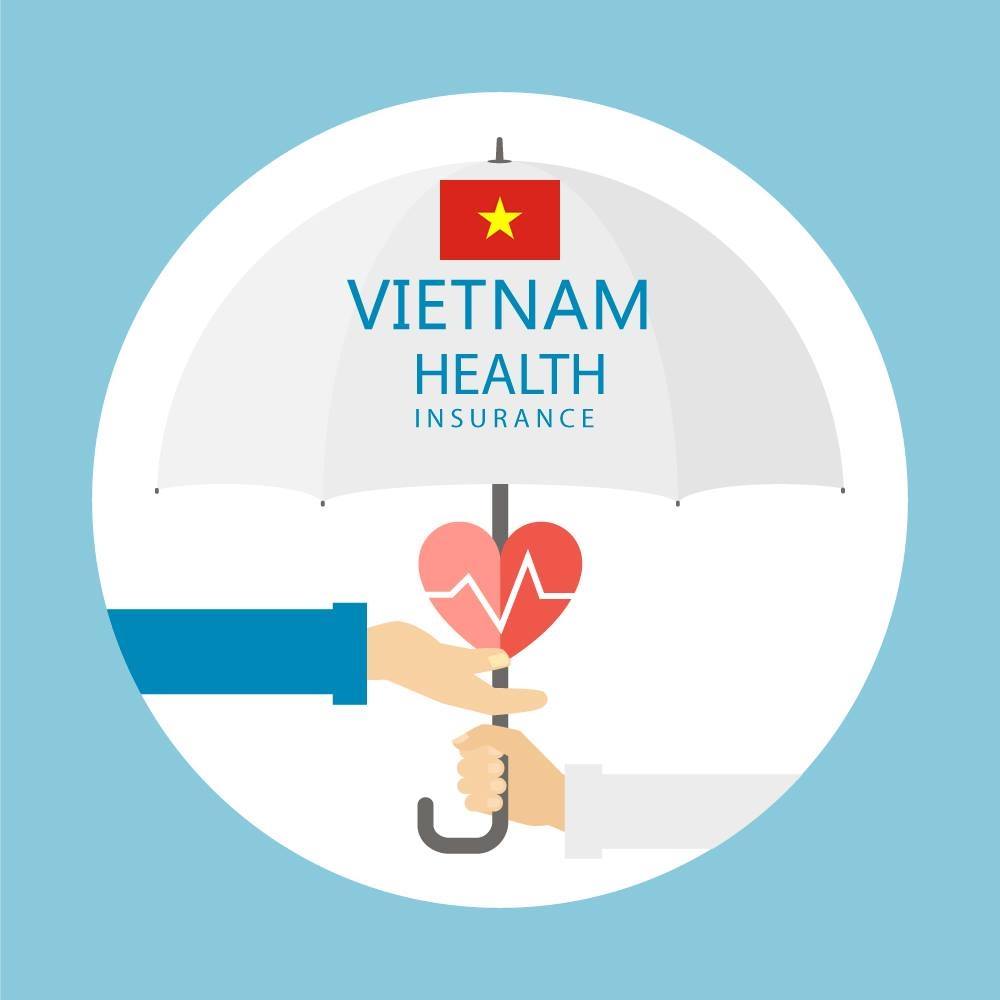In order to access both public and private hospitals, you will only need your passport. You will then pay an amount according to your insurance status and which type of hospital you have chosen. Expats who are employed in Vietnam with a work permit and a temporary residence card will make mandatory contributions to the nation’s medical and social insurance plans. This gives them access to public medical facilities without paying in full. You cannot opt out of this government scheme, even if you decide to take out private medical coverage. If you’re visiting the country, you will need to have enough private medical coverage to fulfil the ‘Plan for the Resumption of Tourism Activities Under New Normal Conditions’, created by the Ministry of Culture, Sports and Tourism. Introduced in 2022, this is a government mandate that allows visitors to enter Vietnam but requires travellers to have health insurance and Covid-19 cover to the value of at least $10,000.

Under Vietnam’s social health policies, the poor, certain ethnic minorities, children under 6, the elderly above 80 and socially vulnerable groups are fully covered for healthcare. Households with low income, students and regular households are partially funded by the government or by their employers’ contributions. The national health plans provide basic coverage through public facilities. They include: some inpatient and outpatient care, pathology, medications, pregnancy check-ups, support and transport for vulnerable people, birth defects, treatment for self-inflicted injuries and eye treatments for children under 6.
In order to access both public and private hospitals, you will only need your passport. You will then pay an amount according to your insurance status and which type of hospital you have chosen.
Types of Health Insurance in Vietnam
Private health insurance in Vietnam
There are many insurers offering full-service private health insurance. More international providers are entering the country every year, mostly through a partnership with a general insurer. Other providers are changing their focus to Southeast Asia, although they may not have physical offices here. Local suppliers focus their efforts on Vietnamese citizens, although their products are often available to expats as well.
We think of private insurers in these three broad categories: Local Focus Southeast, Asia Regional Focus and International Focus.
Travel Insurance
Travel insurance offers limited benefits for relatively short periods of time, but offers a wide range of coverage. The benefits offered are much less robust than health insurance:
- Low annual benefit limits, many exclusions
- No coverage for pre-existing condition, mandatory deductibles, no direct billing.
But for healthy people with a high risk tolerance, vacation travel insurance can be a good option, providing access to basic medical care so travelers can continue their trip or return home.
Life insurance combined with health insurance
You can also obtain health insurance in Vietnam through a life insurance company. These are mainly international life insurance brands that have established a branch in Vietnam to offer packages of life investment and life insurance. Health insurance is often available as an add-on product. But you can’t buy a separate health insurance plan from a life insurance company, so that’s not an option unless you’re looking for a
suite of products.
This is a popular option for local Vietnamese citizens looking for a one-stop all-in-one solution. Life insurance companies in Vietnam include: AIA, Manulife, Generali, Prudential, Chubb, Daiichi, etc.